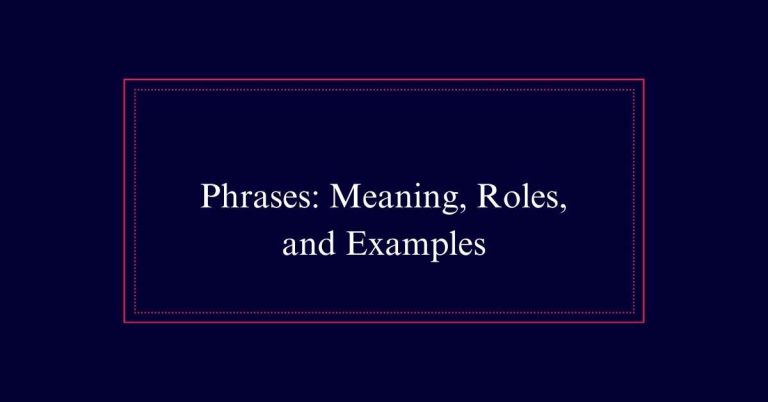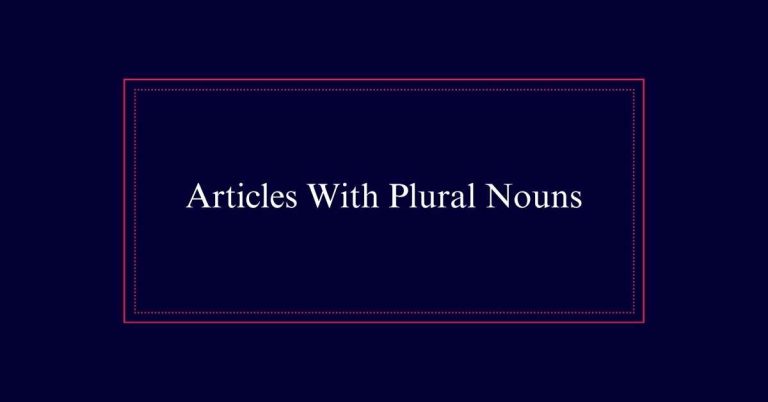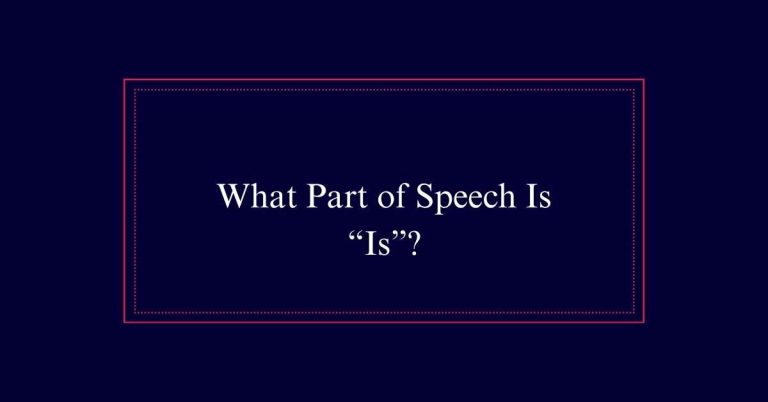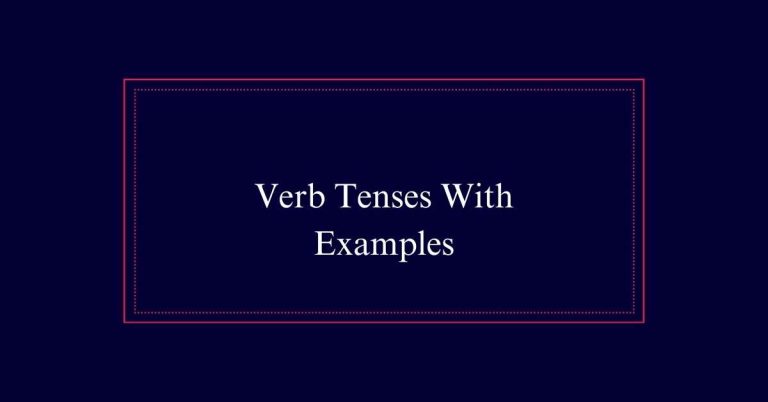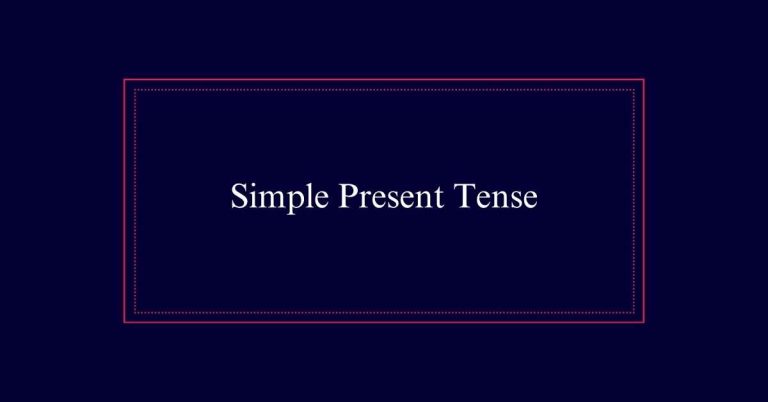What Is a Prepositional Phrase?
A prepositional phrase consists of a preposition, its object, and any modifiers. It provides details by showing relationships between different parts of a sentence. For instance, in “on the table,” “on” is the preposition, and “the table” is the object. These phrases can function as adjectives or adverbs, offering essential context like location, time, or manner. While they add richness to writing, overuse can lead to cluttered sentences.
Definition of Prepositional Phrases
A prepositional phrase is a group of words that begins with a preposition and includes its object and any modifiers. This structure adds detail to sentences by indicating relationships between elements.
For example, in the phrase ‘under the table,’ ‘under’ is the preposition, and ‘the table’ is its object. Prepositional phrases can function as adverbs, modifying verbs to provide context about the action. They can also act as adjectives, modifying nouns to add specificity.
While essential for adding detail, excessive use of prepositional phrases can clutter writing. Effective use involves balance, ensuring clarity and conciseness. Understanding prepositional phrases enhances both writing and reading comprehension, making communication more precise.
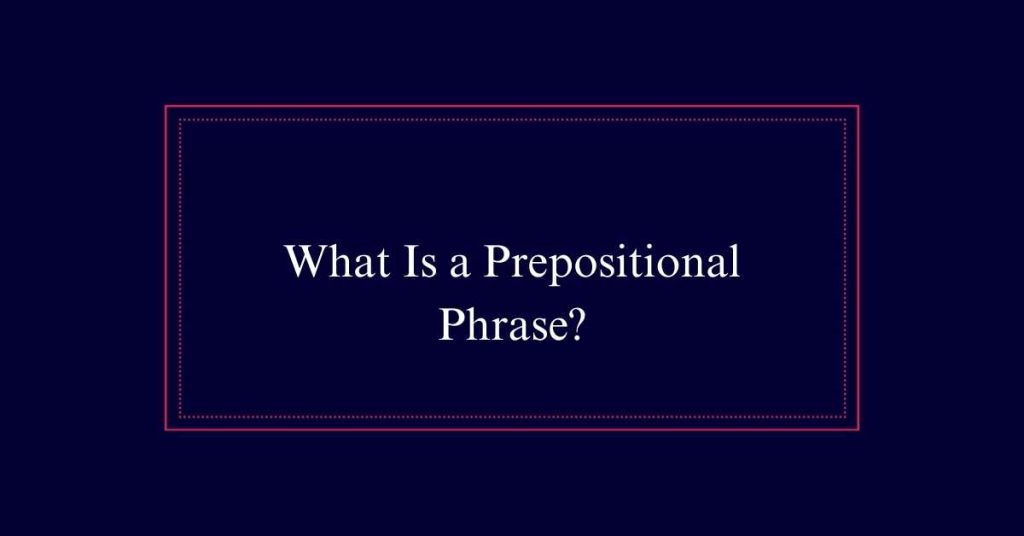
Components of a Prepositional Phrase
Prepositional phrases consist of a preposition, its object, and any modifiers. The preposition shows the relationship between its object and another part of the sentence. The object is usually a noun, pronoun, or gerund. Modifiers can include adjectives or adverbs that give more detail about the object.
Here is a table illustrating these components:
| Preposition | Object | Modifiers |
|---|---|---|
| in | the garden | beautiful |
| on | the table | wooden, round |
| under | the bridge | old, stone |
| with | excitement | great, immense |
Modifying Verbs With Phrases
Understanding how prepositional phrases modify verbs is key to enhancing sentence structure and clarity. These phrases act adverbially, providing essential information about the action being performed.
For instance, in the sentence ‘She spoke with confidence,’ the phrase ‘with confidence’ modifies the verb ‘spoke,’ describing how the action occurred. Prepositional phrases can answer questions such as ‘how,’ ‘when,’ or ‘where’ an action takes place.
Consider ‘He ran across the field.’ Here, ‘across the field’ tells us where he ran. Utilizing these phrases effectively can enrich writing by adding detail and precision. However, it is essential to use them judiciously to avoid cluttering the sentence and maintaining readability.
Adverbial Phrases Explained
Adverbial phrases modify verbs by providing details on how, when, or where an action occurs. They consist of a preposition and its object, sometimes accompanied by modifiers. For example, in the phrase ‘with great speed,’ ‘with’ is the preposition, and ‘great speed’ is the object with a modifier.
Adverbial phrases answer questions such as ‘how?’ (‘with enthusiasm’), ‘when?’ (‘after the meeting’), and ‘where?’ (‘under the bridge’). These phrases add depth and context to actions, making the description more precise.
They are essential in creating vivid, detailed sentences.
Examples of Adverbial Phrases
Examples of adverbial phrases help illustrate how these constructions add detail and clarity to sentences. These phrases modify verbs and describe how, when, where, or why an action occurs.
Here are some illustrative examples:
- ‘In the morning’ – Describes when something happens.
- ‘With enthusiasm’ – Explains how an action is performed.
- ‘By the river’ – Indicates where an event takes place.
- ‘For a reason’ – Clarifies why something is done.
- ‘At high speed’ – Specifies the manner of an action.
Acting as Nouns
While adverbial phrases modify verbs, prepositional phrases can also function as nouns within a sentence. This role is less common but significant.
When a prepositional phrase acts as a noun, it can serve as the subject or object of a sentence. For example, in the sentence ‘During the national anthem was a solemn moment,’ the phrase ‘During the national anthem’ functions as the subject.
Similarly, in ‘We celebrated after the game,’ the phrase ‘after the game’ acts as the object. These noun-like prepositional phrases provide essential details, filling the role of a noun when a specific noun is not present.
Noun Phrase Examples
In sentences, prepositional phrases acting as nouns often appear as subjects or objects, adding depth to the structure. These phrases are less common but serve a critical role in making sentences more specific and informative.
Here are some examples of prepositional phrases functioning as nouns:
- During the meeting was chaotic.
- After the concert brought joy.
- Before the storm was tense.
- With great power comes responsibility.
- Under the bridge has graffiti.
Avoiding Clutter
Maintaining unnecessary prepositional phrases is essential for clarity and precision in writing. Overuse of prepositional phrases can clutter sentences, making them hard to read.
To enhance readability, identify and eliminate any redundant prepositions. For example, instead of writing ‘The book on the table in the room,’ you can simplify it to ‘The book on the table.’
Reducing prepositional phrases also involves rephrasing sentences to be more direct. For instance, ‘The decision of the committee’ can be streamlined to ‘The committee’s decision.’
Active Vs. Passive Voice
Active voice constructs sentences where the subject performs the action directly, enhancing clarity and engagement. In contrast, passive voice often makes sentences longer and less direct. For example, ‘The cat chased the mouse’ (active) versus ‘The mouse was chased by the cat’ (passive).
Using active voice in writing can make your sentences more dynamic and easier to read. Here are some key benefits of active voice:
- Clarity: The subject and action are clear.
- Conciseness: Sentences are usually shorter.
- Engagement: More direct and engaging.
- Energy: Adds vigor to writing.
- Focus: Keeps the reader focused on the subject.

